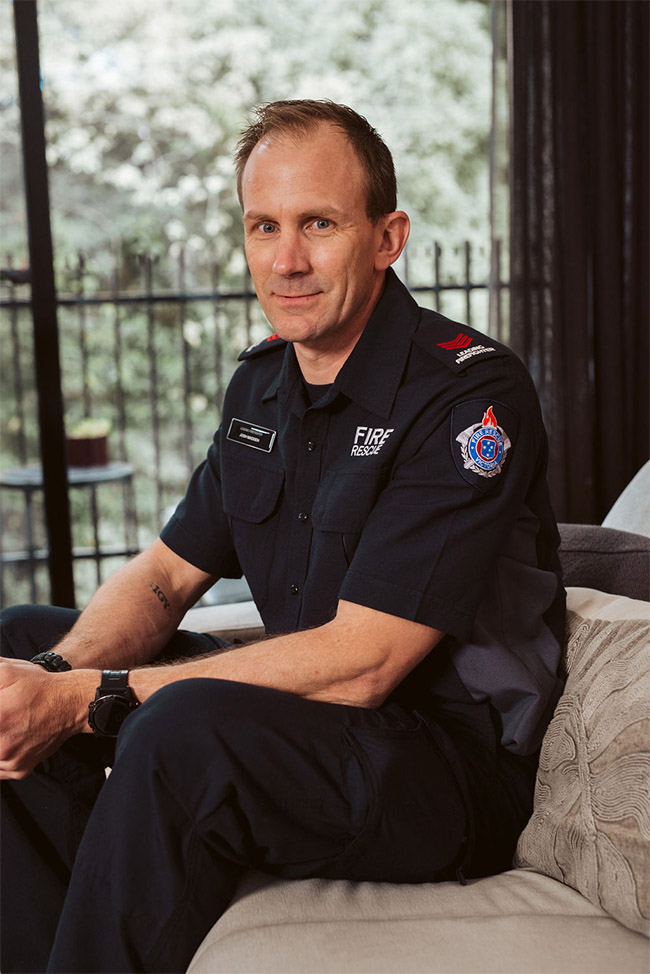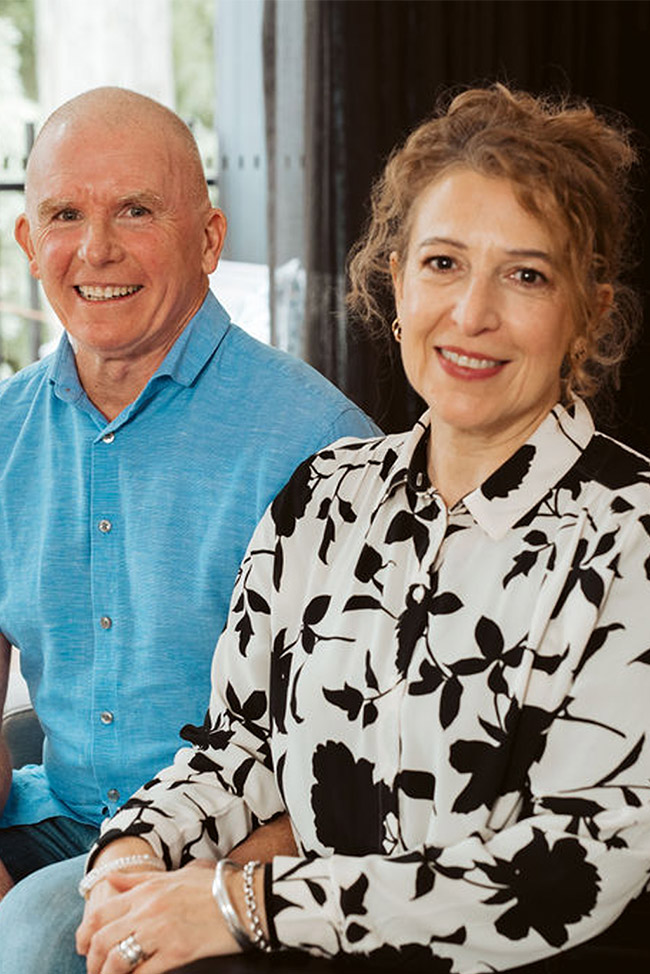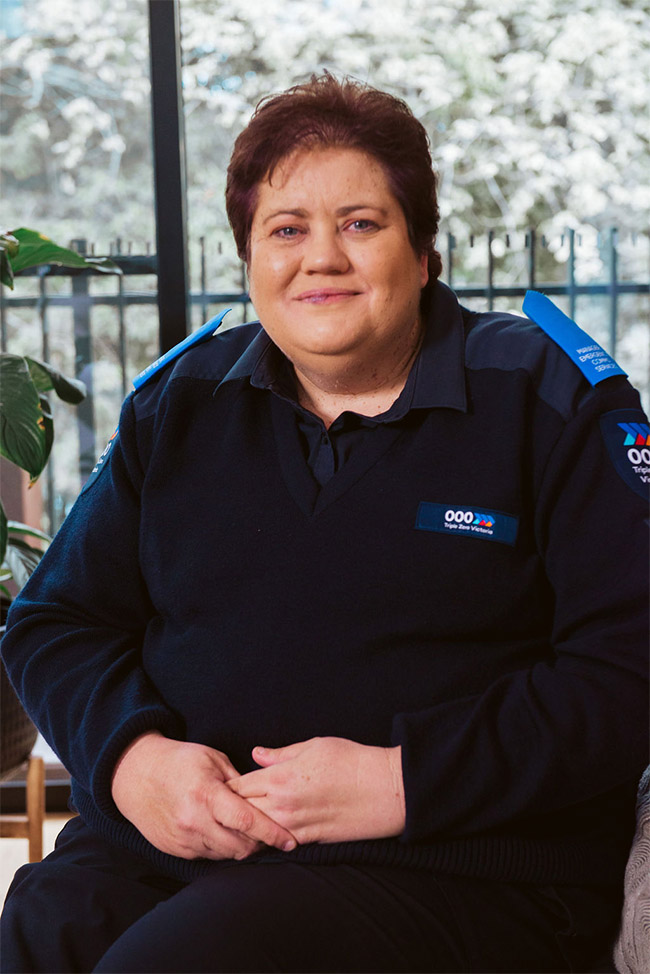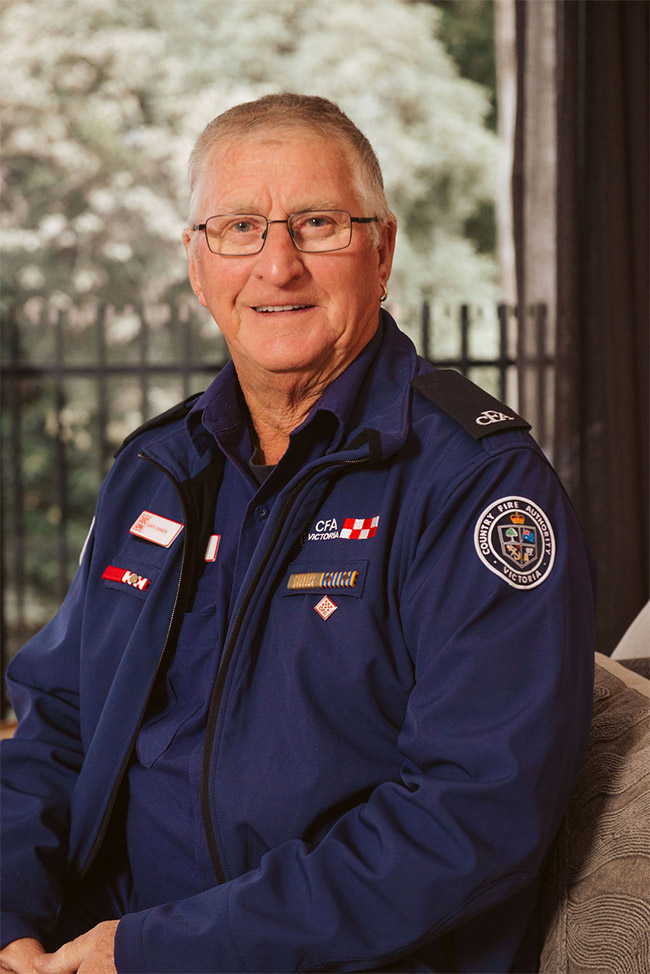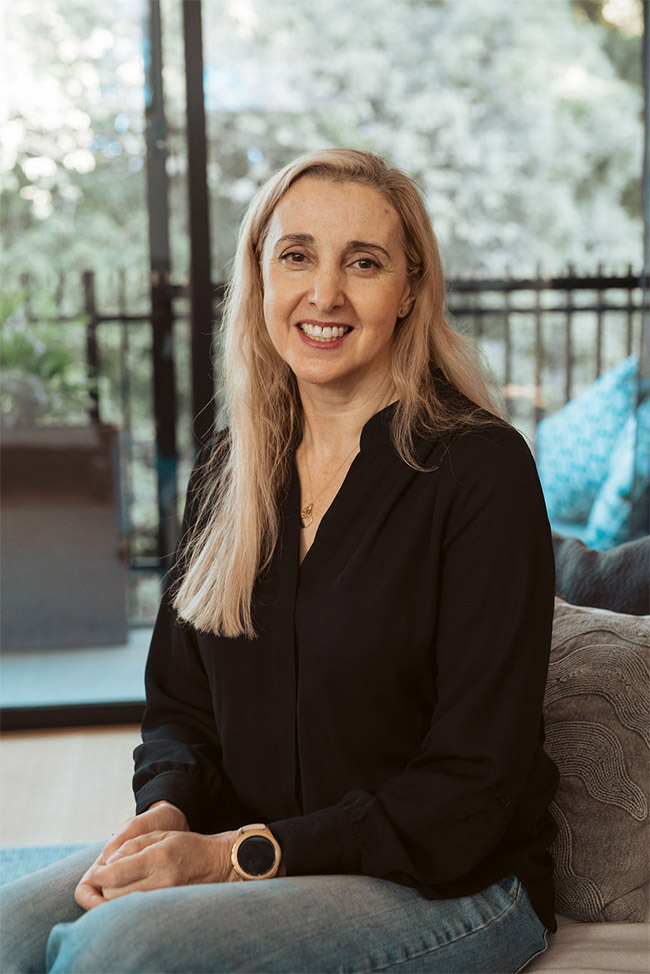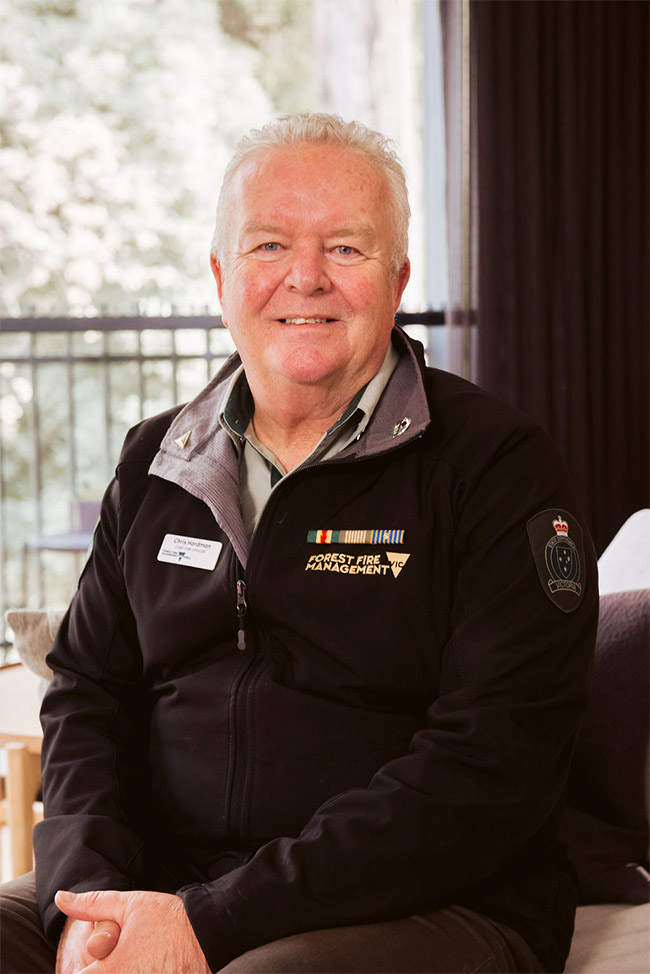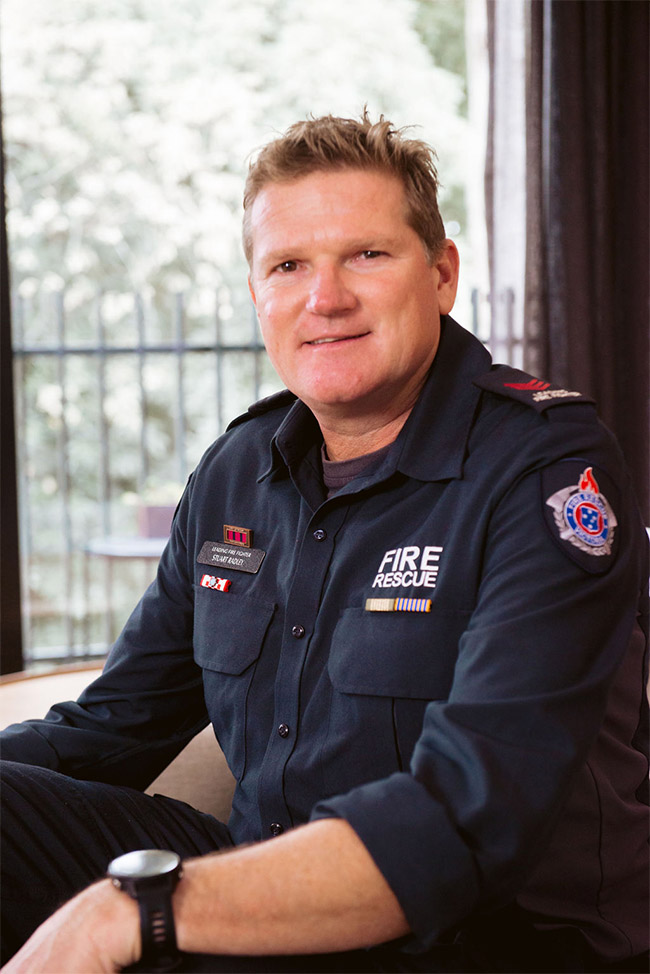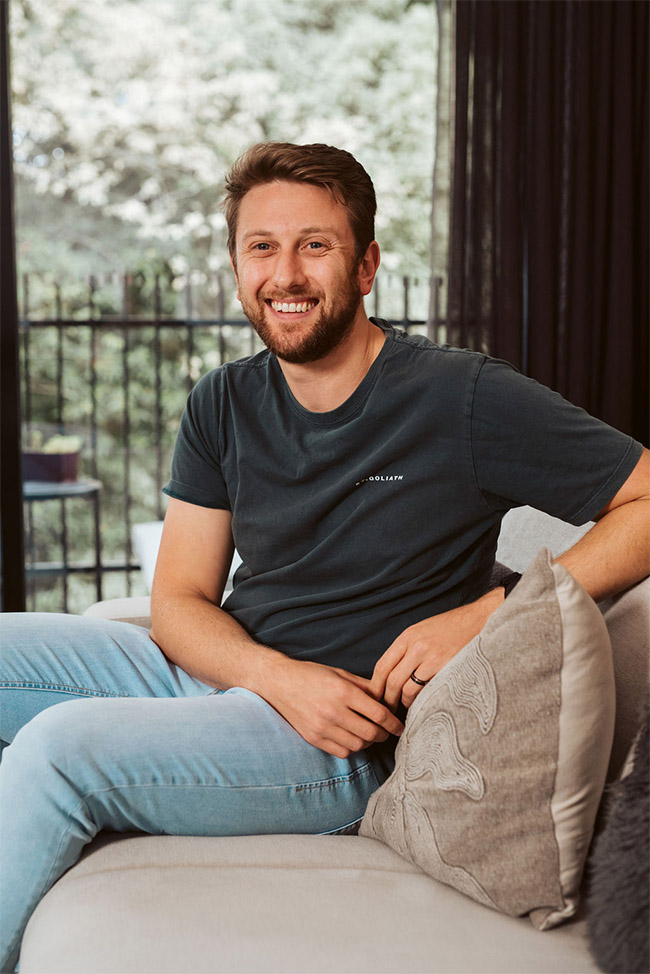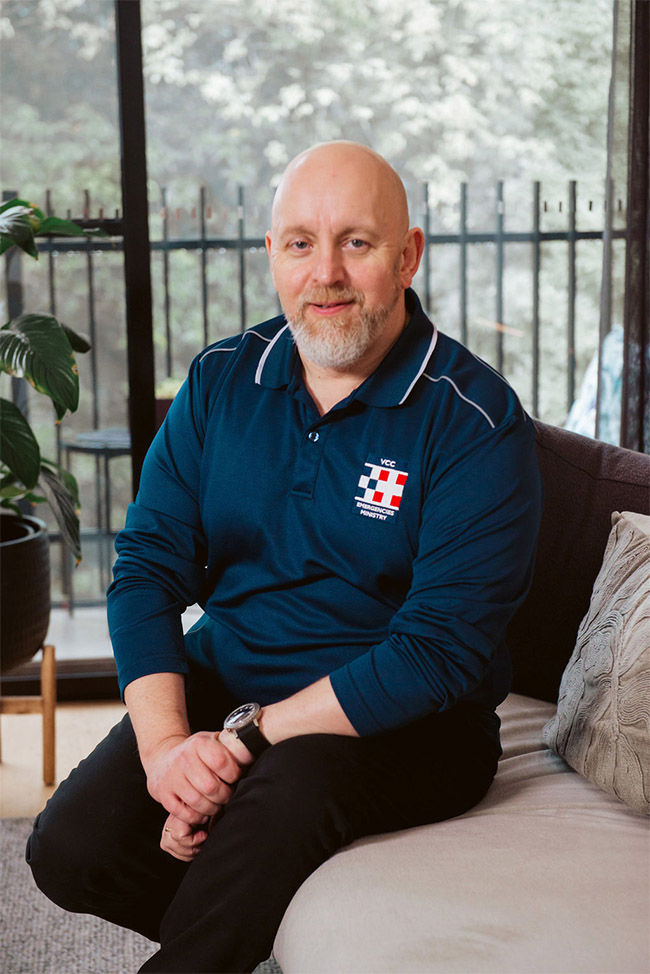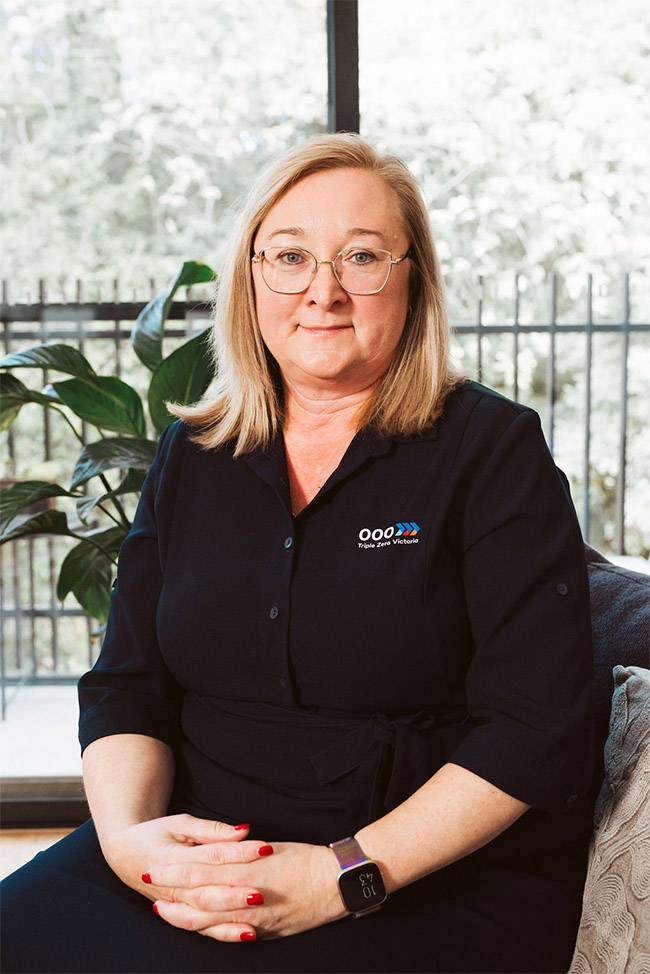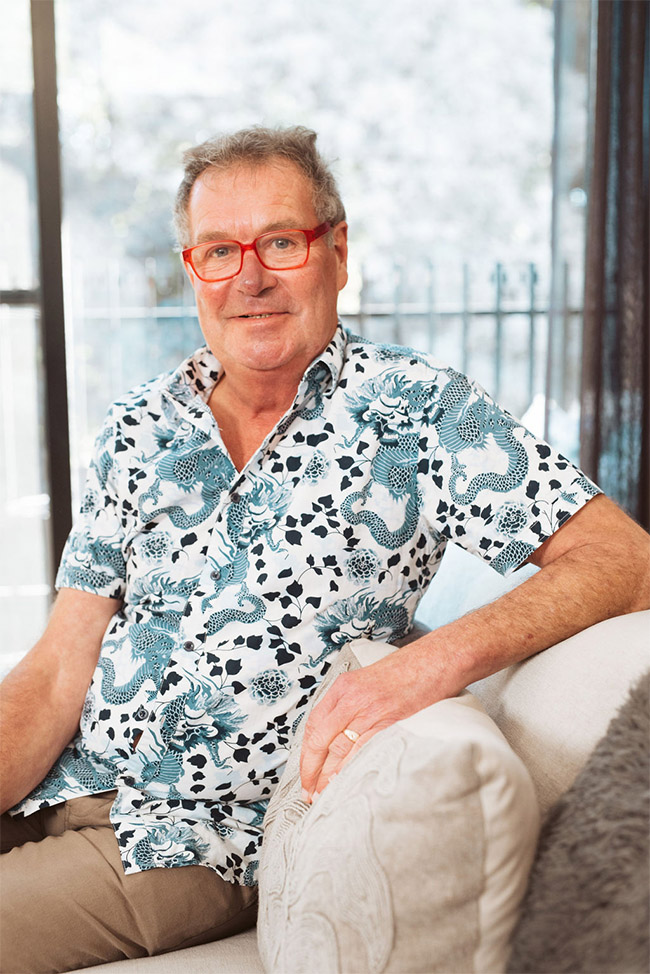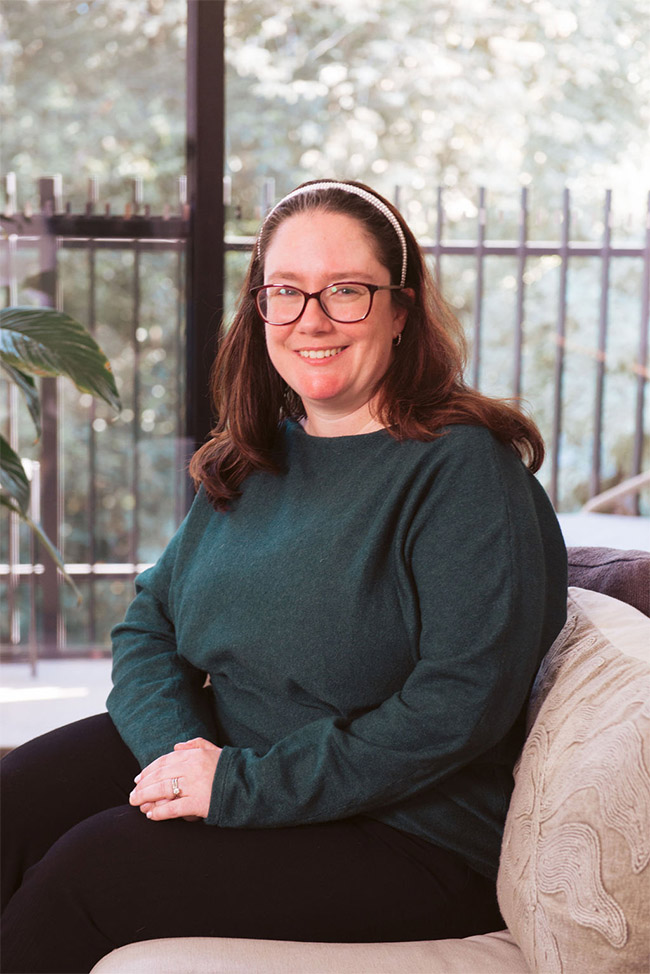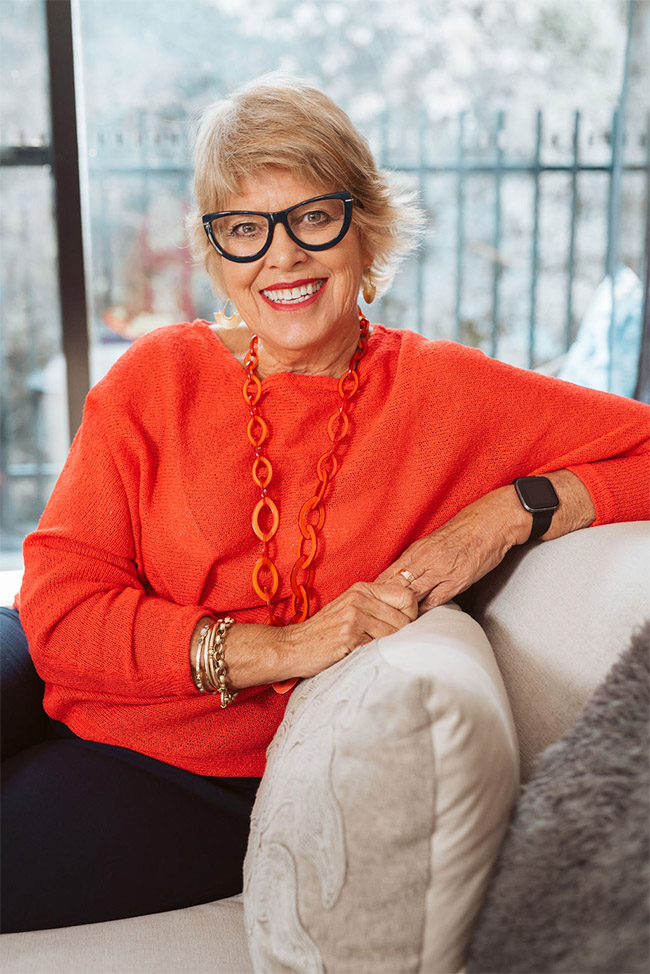Everyone has a story.
The Answering the Call study highlighted that self-stigma was alive and well amongst emergency service workers. ESF delved further to understand how that could be broken down and heard that people needed to hear about the experiences of people ‘just like me’. And here they are.
ESF has worked with the people featured here to help them share their emergency service experiences safely.
Hearing how others have made sense of their own journeys of trauma and post traumatic growth can be comforting and maybe confronting – you might come across a story that feels familiar or simply find reassurance in knowing you are not alone.
The message is consistent. Feel no stigma in seeking help and get that help early.
Trigger warning: This content discusses mental health and wellbeing, which may be distressing for some viewers. Please take care while watching.
Josh Madden
Firefighter, FRV
As a result of serving in Afghanistan in 2012 as an army medic, Josh was diagnosed with PTSD. But it wasn’t until 2019 when he’d been a firefighter with the FRV for two years that his symptoms became unbearable—and this time, his PTSD was combined with crippling depression. At rock bottom and afraid for his safety if he didn’t seek help, Josh was still torn about revealing the extent of his suffering. Used to the stigma surrounding mental health from his days in the military and as a young man accustomed to caring for both his young family and the community, he was anxious telling work colleagues might end his firefighting career. The response was one he could not have imagined.
Marc & Nat Burley
Retired Police Officer & His Wife
Marc served in the police force for 14 years, drawn by a family legacy and a desire to help people. But after years of attending traumatic scenes—including a suicide and a failed resuscitation—he began to unravel. Quietly at first: frustration, emotional volatility, retreating from his family. Then one night before a shift, he broke down in tears and told his wife Nat. With her support, he sought help from supervisors, his GP, and a psychologist, slowly beginning the process of recovery. For someone used to holding it together, asking for help felt like failure. But it turned out to be something else entirely. Marc now shares his story to help others speak up—before they hit their own breaking point.
Julie Edgerton
Manager, Triple Zero Victoria
The worst day for Julie came when she was with her dad when he died and she couldn’t save him. She started using alcohol as a crutch, stopped socialising, emotionally withdrew from life and developed stress related tachycardia and night terrors. Her work as a manager for emergency communications services suffered. But Julie’s recovery only started when she realised her father’s passing was the breaking point for trauma which had built up since 1993, when she joined the CFA as an 18-year-old who found exposure to critical incidents and trauma very challenging. Unaware of the impacts to her mental health or strategies to process what she was seeing and doing, Julie stayed silent for years, believing she was hiding her struggles and that help was hard to find.
Garth Johnson
Firefighter, CFA
Garth Johnson has been with the CFA almost his entire life, signing up formally at 25 but seeing meetings at his home from age six. What began as a family legacy became a personal calling—one that ultimately came at a steep cost. A traumatic car fire in 1992 marked the beginning of undiagnosed PTSD that slowly eroded his friendships, family life and business. For two decades, he denied anything was wrong, pushing himself through hundreds of emergency callouts a year. Eventually, with the support of his third wife and a psychologist who understood emergency services, Garth began the slow process of recovery. Now he regularly shares his story with others, hoping to help break stigma, encourage early intervention and remind people that healing is possible.
Kara Shanahan
Police Officer
After joining Victoria Police, Kara became a detective, drawn to sex crimes and child exploitation investigations by a strong sense of justice. She spent years in victim identification—analysing material, going undercover online, and helping to rescue children. Despite strict self-care strategies, the emotional toll escalated. A pivotal moment came during a case involving a four-year-old victim whose mother’s raw grief left Kara—also a mum—feeling physically dragged under. A second traumatic case followed. She stayed silent, fearing the stigma of admitting she wasn’t coping in a culture that prized stoicism. But when a senior colleague asked if she was okay, Kara’s façade cracked after years of trauma and denial. What happened next eventually led to a new life.
Chris Hardman
Chief Fire Officer, FFM
Chris has spent decades managing fire emergencies, including the Black Saturday and 2019–20 campaigns. As a senior incident controller, he made impossible decisions under extreme pressure—often hiding his fear to protect others. But six weeks after the 2009 fires, a colleague’s blunt confrontation triggered an emotional collapse. Flooded by memories and unable to stop crying, Chris realised he wasn’t okay. Terrified, he asked for help. What followed were years of psychological support—and a long road back. He stepped away from fire and redefined who he was. Now, as Chief Fire Officer, Chris shares his story to remind others: your role is not your identity. And no matter how senior, no one is immune to the weight of trauma.
Stuart Radley
Fire Fighter, FRV
After 23 years as a firefighter, Stuart hit breaking point. Working 80-hour weeks, barely sleeping, and withdrawing from his family, he eventually broke down at work—shaking uncontrollably in front of his boss. Admitted to hospital expecting a short stay, he remained five weeks. A second collapse came months later, deepened by separation from his children and a growing sense that things would never get better. Stuart feared the stigma of speaking up—but when he finally asked for help, the response surprised him. Recovery wasn’t linear, but it began with one decision: putting his hand up. Three years on, he reflects on what he’s learned, what helped him heal—and what he wishes he’d done much, much earlier.
Jackson Sorati
Paramedic, AV
Five years as an emergency nurse at a Melbourne hospital saw vicarious trauma build up for Jackson, who carried it into his work as a paramedic but never processed or admitted it, even to himself. As a young dad, he wore a game face and channelled a ‘nothing can touch me’ bravado—until he had a personal connection at work to two completed suicides. One was a man of a similar age holding a baby’s onesie, the other a colleague. The events meant Jackson could no longer ignore the signs of internal trauma and burnout—anger, exhaustion, a lack of motivation to get out of bed—and he reached out for help in two places, including one surprising ‘pseudo science’.
Sion Gough Hughes
Chaplin, VCCEM
Originally a British army soldier turned chaplain, Sion has been a minister at the Melbourne Welsh Church since 2000. All his professions have showed him trauma doesn’t just affect those directly involved, and isn’t always what you expect it to be. This was brought home to Sion in 2017 when a driver killed six people in Bourke St and again a year later when a man went on a murderous rampage in the same busy street. Talking for days with those directly affected by the deadly events saw Sion absorb trauma and he found himself breaking the habit of a lifetime for a tough military man raised to take things on the chin, to care for everyone ahead of himself.
Debbie Kastanas
Manager, Triple Zero Victoria
After joining Triple Zero in 2008, Deb worked with and supported teams through many challenging events. On Victoria’s Black Saturday, she was a fire dispatcher deeply affected by one call from a man who said his entire street was at his house and he just wanted someone to know. As a manager of emergency communication services, she mostly loved her job. Loved seeing colleagues’ kids grow up. But that made seeing them struggle to deal with traumatic events harder. Coupled with an immense workload, it took a toll. As a people leader, Deb is attuned to recognising when others aren’t themselves. She pays attention to signs they may be struggling—which is why the consequences were life changing when Deb failed to recognise those symptoms in herself.
Martin Duke
Firefighter, CFA
For almost 30 years after becoming a CFA volunteer in 1991, Martin Duke felt almost nothing he saw and did on the job affected him. Not being on trucks at fires, not seeing his son cut from a car wreck, not deaths. He could handle pressure. But during Covid, Martin suffered a systemic physical collapse that saw him hospitalised with colitis and sepsis. Complications including chronic fatigue, an inability to walk easily and weight loss affected his mental health, work and family life. And Martin began to feel decades of being exposed to trauma in the CFA—where in his early days therapy meant being told ‘ grab a beer and sit by a tree’—was a factor in his crisis.
Courtney Daly
Police Officer Family Member
Months after Courtney married policeman Patrick in 2014, he was on duty one night in country Victoria when his car was rammed off the road. His neck was broken in two places and he had head injuries. While Patrick’s physical injuries healed, his emotional and mental recovery led to multiple inpatient hospital stays and is still ongoing today. While he received strong support, primary teacher Courtney found Patrick’s trauma had a waterfall effect—his injury injured her, and led her down a devastating path that saw her own health and happiness suffer. Not yet 30, she was looking after an incapacitated husband and two little girls, and ran up against a tough question at the heart of emergency services work: who cares for the carers?
Siusan MacKenzie
Executive leader, ESF
In 1998, while serving as head of communications and a member of the executive management Team at CFA, Siusan was thrust into one of the most defining moments of her career—the tragic Linton fire, where five volunteer firefighters lost their lives. Having spent the day managing media communications, she was called back into the Emergency Coordination Centre as the disaster unfolded. What followed was over two years of intense crisis and recovery work: supporting families and colleagues, organising a Victorian broadcast memorial, and navigating the long coronial process. Deeply committed to the wellbeing of others, Siusan led with compassion, never pausing to consider the personal toll—until decades later, when the emotional impact of that time finally surfaced.

